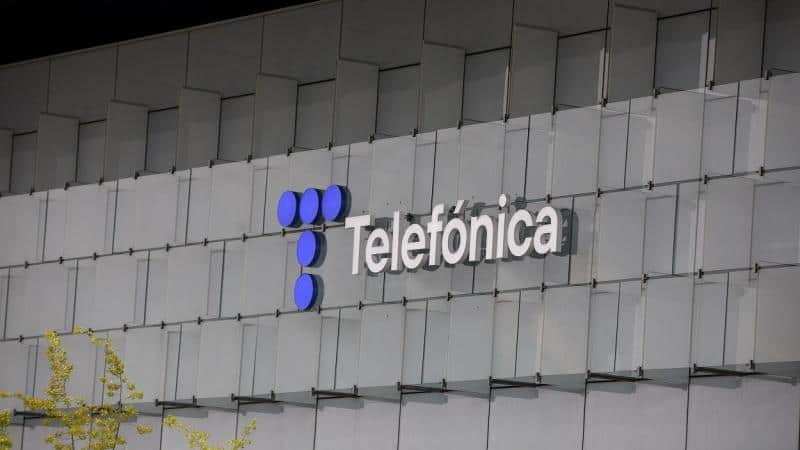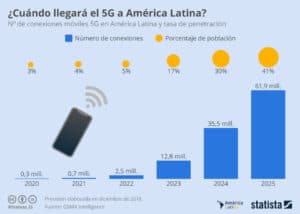
Por Eduardo Vega
October 11, 2023
Telefónica received approval for a merger in Colombia with Tigo, one of the leading telecommunications companies in the South American country.
This agreement involves sharing both operators’ network infrastructure and spectrum usage rights.
The Superintendence of Industry and Commerce (SIC), a governmental entity responsible for ensuring the proper functioning of markets in Colombia, was responsible for granting the authorization.
However, certain conditions were established to prevent potential impacts on wholesale markets and coverage, ensuring the separation of network cores and guaranteeing fair competition.
The merger of the mobile networks of Tigo and Movistar will create a new company with a shared infrastructure.
Despite this, both companies will continue competing in wholesale and retail markets.
The resolution from the Superintendence has already been communicated to the two companies, but it is still pending review by the National Spectrum Agency and the Communications Regulation Commission.
The President of Telefónica Movistar, Fabián Hernández, emphasized that this agreement will allow both companies to optimize the operation of their mobile networks and spectrum while maintaining their competition in telecommunications services.
There is a significant disparity in the number of voice customers in the telecommunications sector between Movistar, with over 20.5 million, and Tigo, with 15.06 million.
Regarding mobile internet, Tigo has 4.3 million customers, while Telefónica has 3.5 million.
This difference is part of a joint plan between companies to strengthen their economic position and obtain government authorization to offer their customers the upcoming available bandwidth.
In the context of the upcoming 5G network auction, scheduled for December and organized by the Ministry of Information and Communications Technologies of Colombia (MinTIC), telecommunications operators express concern about the high costs associated with auction rights beyond the initial block cost.
Marcelo Cataldo, CEO of Tigo, points out that while the initial prices for spectrum blocks are considered reasonable for Latin America, additional government-imposed obligations, such as implementing fiber optic in schools and coverage in certain areas, are overvalued by 40%.
This leads to an increase in the total cost for the operators, as they must comply with these obligations at their own expense, not at the price indicated by the government in the bidding.
Furthermore, factors like compounded indexing and additional guarantees also increase the total auction value.

In 2020, it was estimated that there were approximately 300,000 5G connections, while this year, they will reach almost 13 million. By 2025, it is estimated that there will be over 60 million connections.

Por Stiven Cartagena
January 12, 2026